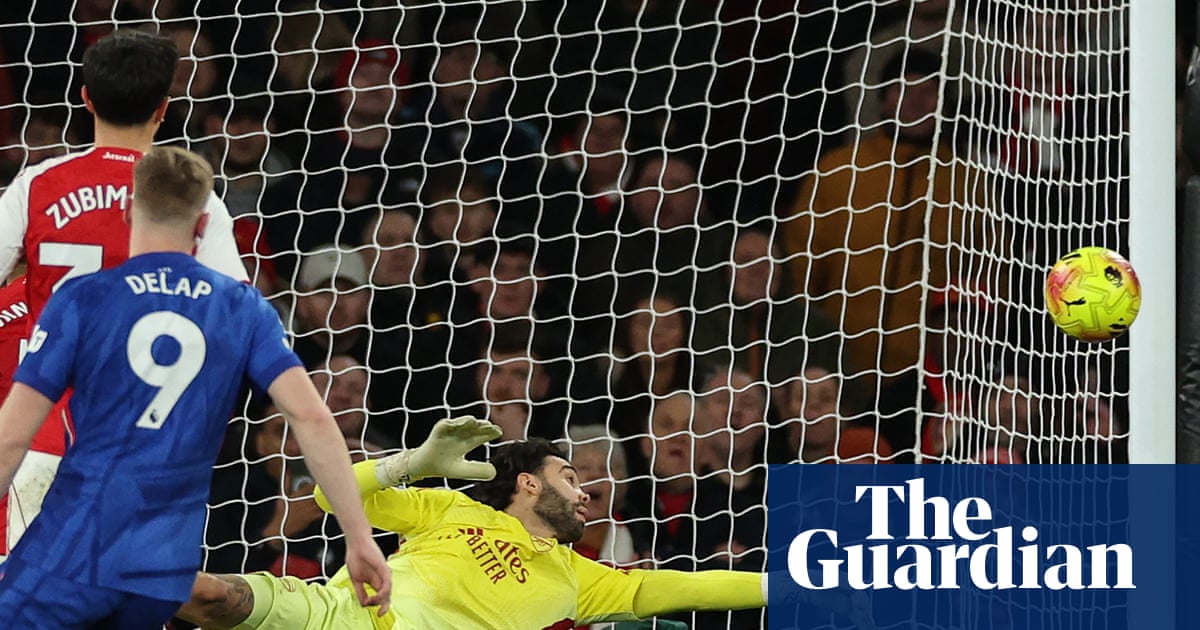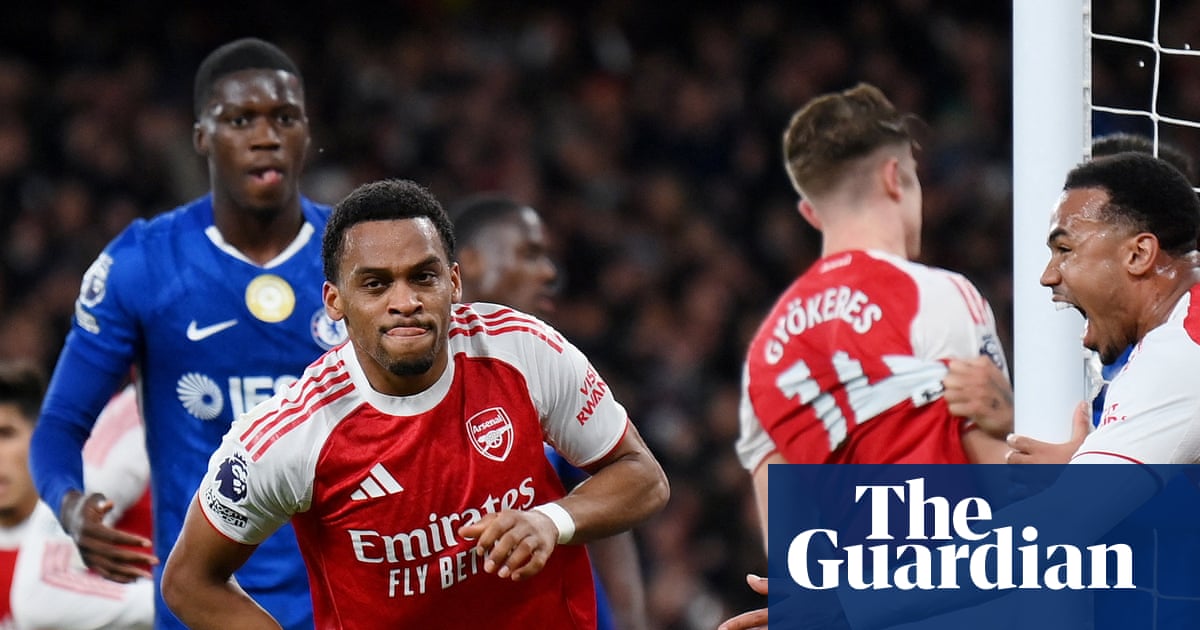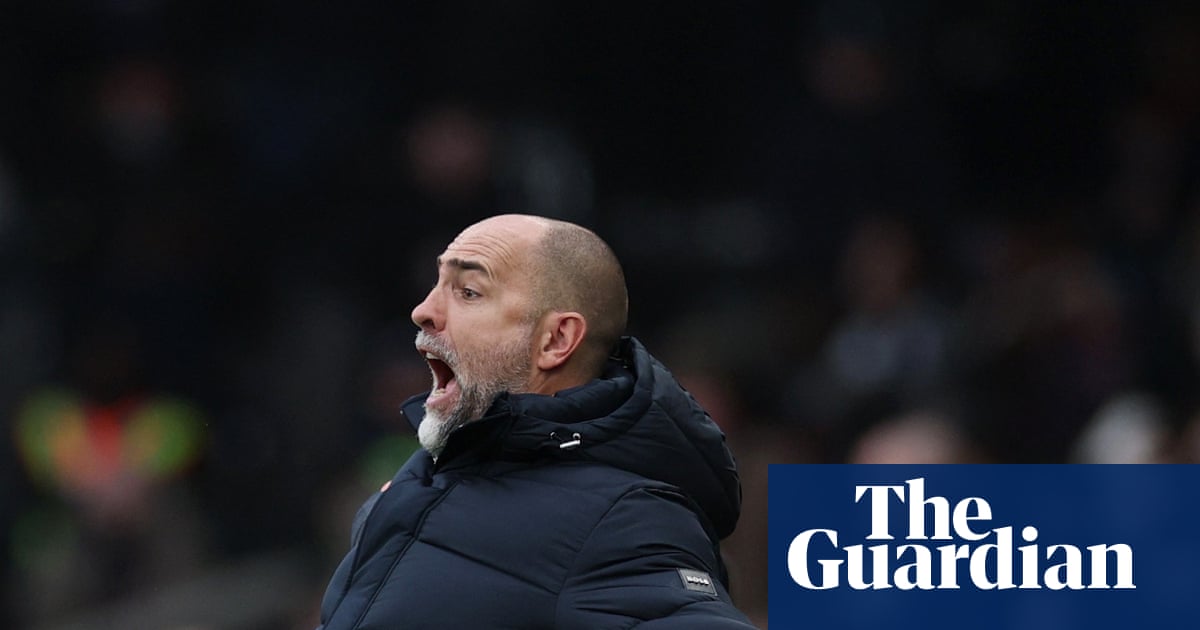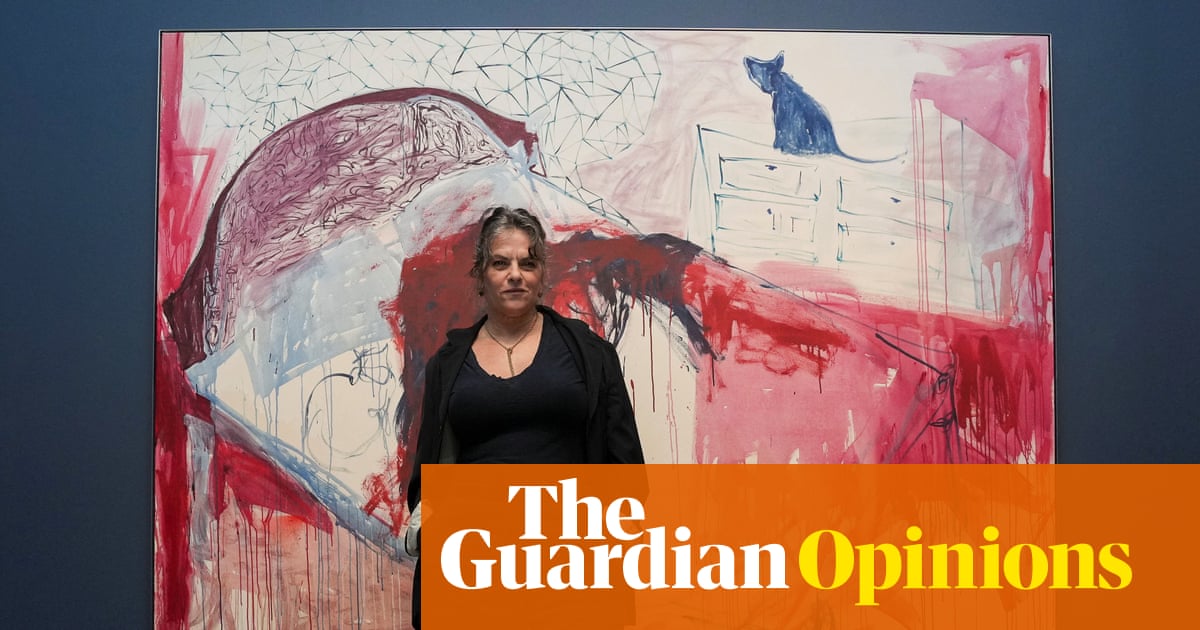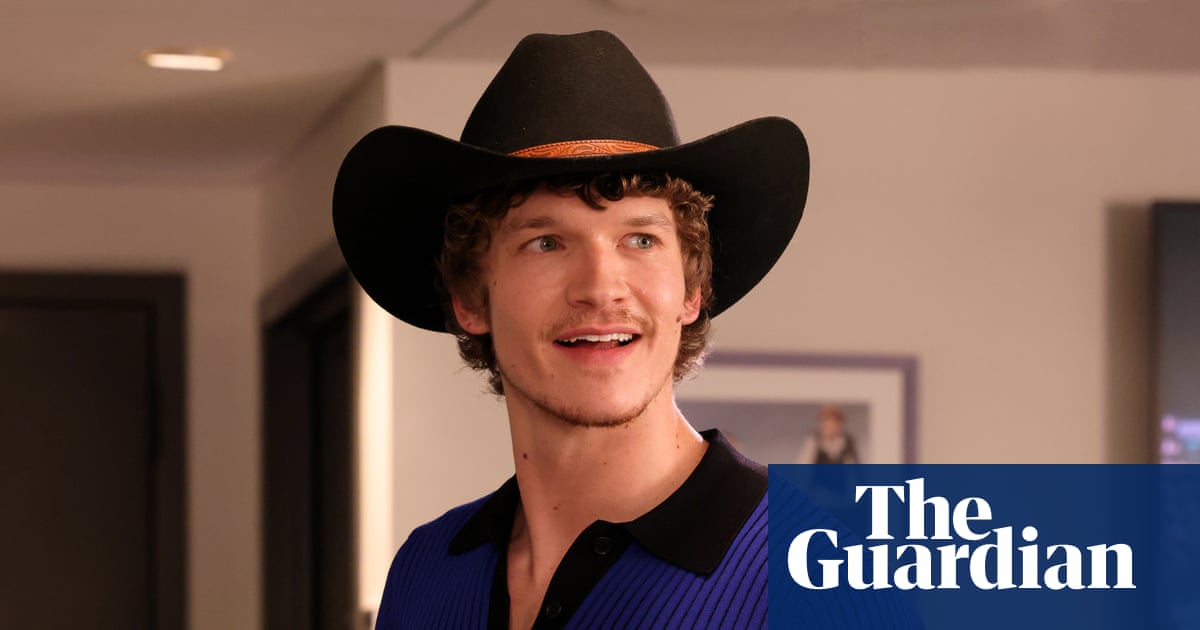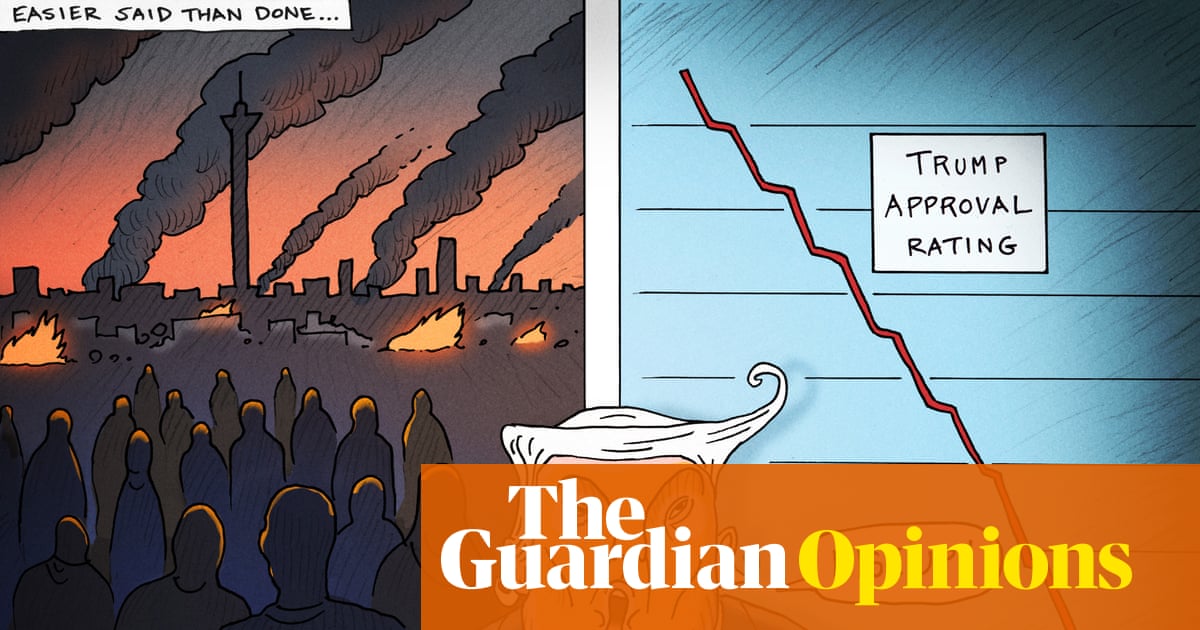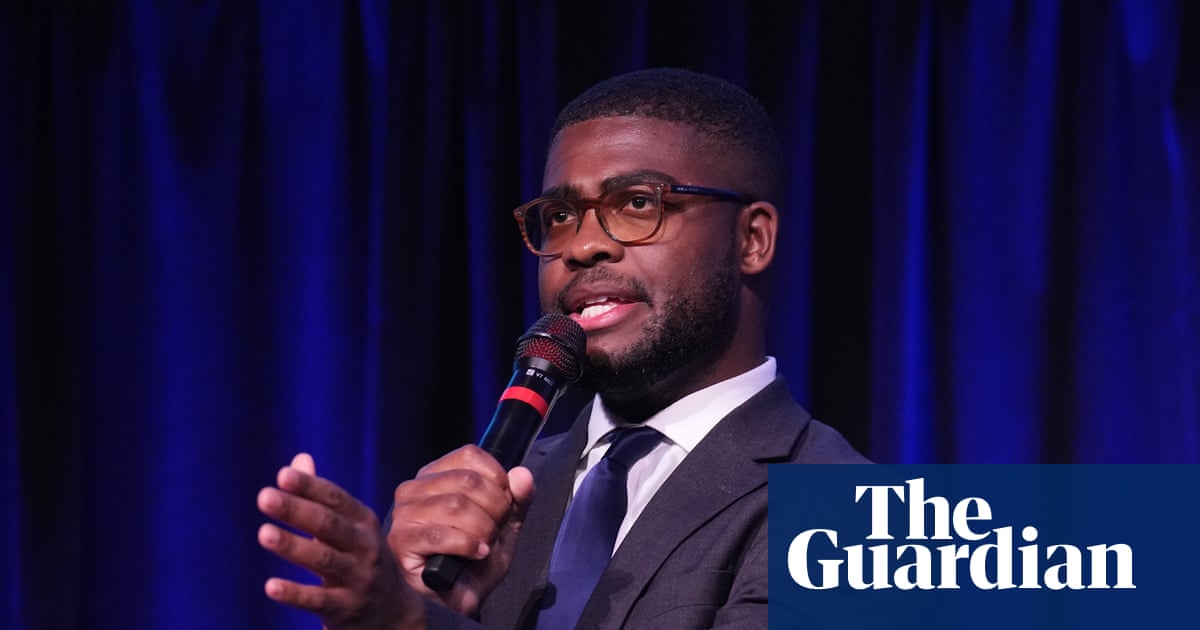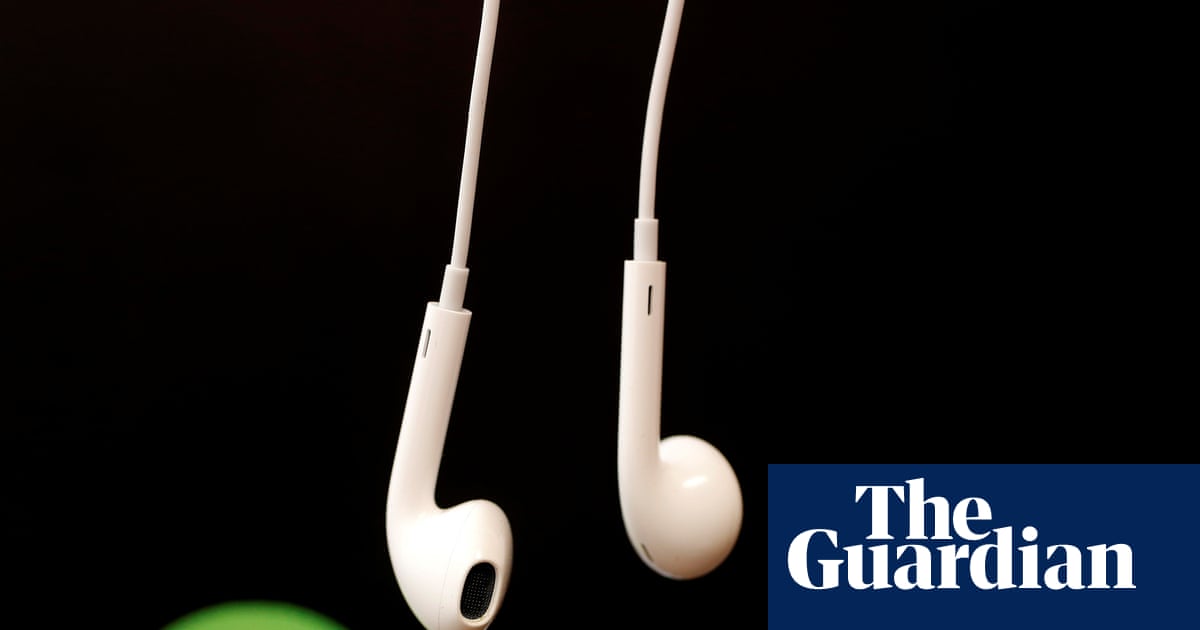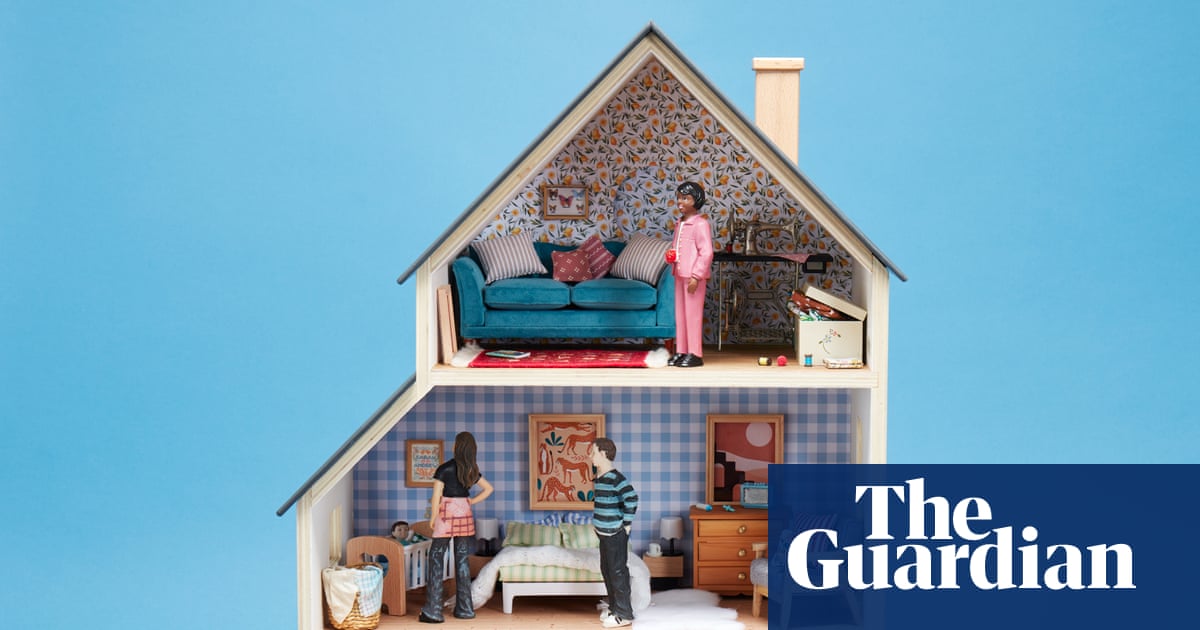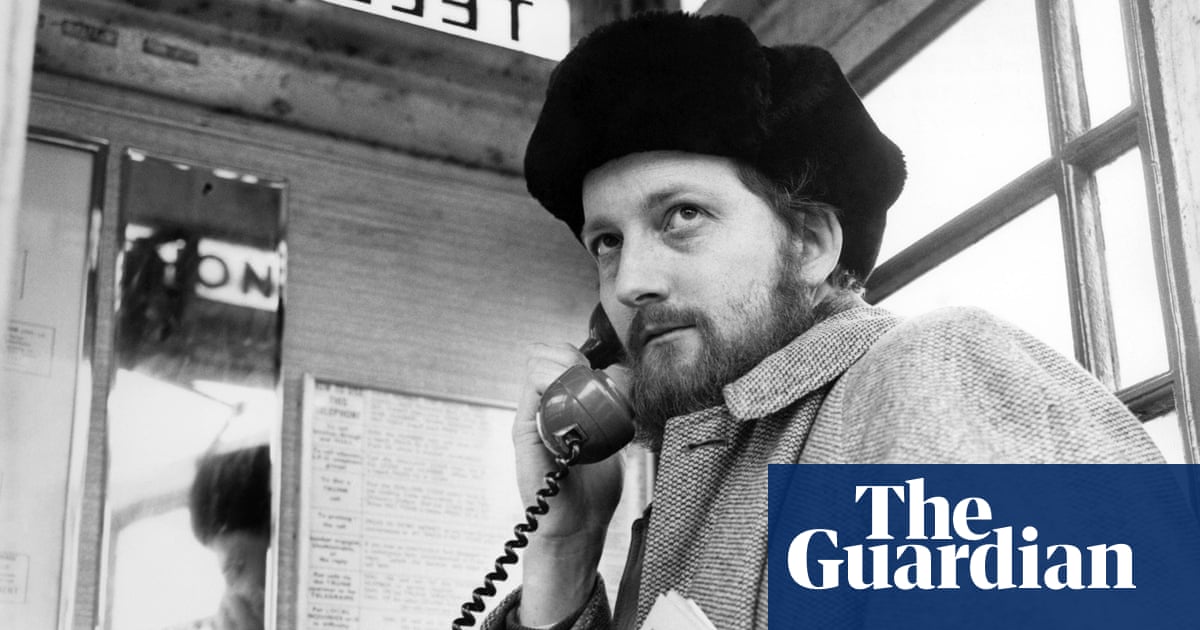If you judged modern boyhood from the headlines, you’d think we were broken – radicalised, misogynistic, angry. But as a teenage boy myself, I don’t see a generation of lost boys around me. I see young men trying to make sense of a world that seems apathetic to our voices.
I’d be the first to admit that there are serious issues facing young men my age – I’ve experienced some of them first-hand. Between the ages of 12 and 14, I was drawn into harmful online communities promising me money, meaning and manhood. Muscular, wealthy men, parading through Dubai draped in designer labels and flanked by beautiful women flooded my feed. They said there was no excuse for the rest of us not to be in their position too, and offered what they claimed was a blueprint to get us there. Misogyny was rife in these communities, as was political extremism.
I want these issues to be called out – and I’m glad they’re being actively discussed in the media. In fact, reading nuanced discussion in the press which confronted these spaces’ problematic aspects helped me escape the handcuffs binding me to these “role models”. It made me consider how they were profiting from polarisation and insecurity.
Yet I strongly believe we need to reframe how we talk about these issues: not as innately evil flaws in the young male demographic, but as an expression of uncertainty.
Last week, I was sitting on the bus home from school, avoiding my mock GCSE revision by scrolling through TikTok (in fairness, short-form content is slightly more engaging than Macbeth quotation flashcards). A video appeared on my feed surrounding a gender-related debate, and the creator – a young woman not much older than myself – used the term “toxic masculinity”.
For those who are unfamiliar, toxic masculinity has become a catch-all term for exaggerated, negative forms of masculinity that can put pressure on men and boys to behave in certain ways. These issues are certainly real, and I didn’t disagree with the creator’s point.
However, it did make me pause and reflect. I realised, watching this video, how desensitised I had become to seeing those two words paired together on my feed, such that they seemed intertwined – like “fast food”, “hard work”, or “bright idea”.
I sat for the entire 20 minutes of that bus journey trying to remember the last time I saw “masculinity” appear on my feed without being coupled with “toxic”. I thought, and thought, and thought some more. I could not do it.
Can society expect anything other than uncertainty when masculinity – one of the very essences of our existence – is almost always presented as toxic? When I was engrossed in the manosphere, this type of messaging would only have alienated me further from mainstream society, driving me closer to the influencers claiming that it was biased against young men.
I think the potency of the manosphere would be crushed if there were constructive alternatives for young men to engage with. Some boys I know feel alienated from education because the system simply isn’t providing that alternative. Knowledge of financial education, entrepreneurship and fitness doesn’t have to stay trapped inside controversial podcasts by influencers peddling a paid course (the manosphere’s main form of revenue). The curriculum could offer healthier versions of some of that too.
At the core of this profit-generating machine, behind the superficial lifestyles, the harmful views on women, the rebellion against the education system, there sits a feature that made a younger me (and several of my friends and peers now) dive deeply into the clutch of these influencers. They make us feel listened to, heard and considered. Of course in reality, that’s nothing more than a facade – a dodgy sales tactic. “Society isn’t going to help you, you’re a slave to the system, but we’ll help you escape.”
We’ve got to the stage where a 60-second social media advert can make a young man feel more validated than an entire education system. I see that as a pretty drastic problem. When society is not providing a listening ear, an algorithm will fill the void. When I was younger, I felt seen by influencers, but not by the institutions I’m growing up in. I have peers that still feel the same way.
“Andrew Tate cares. School doesn’t. You need to realise that mate.” Those were the words of a close friend of mine, in a late-night online video game lobby. You might hear his words as simply teenage rebellion, or malicious naivety. But I heard the desperation. I heard the cry for help.
It doesn’t feel like a coincidence that he was speaking in an online space. John Harris recently pointed to the dire state of youth-club funding, with 1,200 centres closing between 2010 and 2023. My town youth group met the same fate, closing when it could no longer afford the hire of the local hall. Meanwhile, in PSHE lessons at my co-ed school, myself and other boys in my class felt uncomfortable discussing our issues and worries, scared of risking a judgmental look from a girl – or even worse, social alienation. There’s great social cost to potentially appearing weaker, softer, less masculine in front of your peers.
after newsletter promotion
I can recall many PSHE sessions spent discussing female body image and objectification – rightfully so. But I struggle to say the same for male body image – the impossible standards set by the colossal lumps of muscle on our feeds, quite a few of which in fact are injecting themselves with steroids when the camera is packed away.
Toxic online communities like the one I fell into are prevalent because there’s a vacuum to be filled: a vacuum of physical spaces for boys to connect and reflect.
Some solutions are starting to emerge. I was excited to contribute to a new report, Voice of the Boys, from the organisation Male Allies UK. It feels like a milestone in giving my generation a chance to speak for ourselves.
Organisations such as M-Path, Boyz-2-Men, and Progressive Masculinities are doing a great job of facilitating spaces for young boys to engage in open, honest conversation. Yet, there’s only so far a handful of private companies can reach. As long as this approach – open, honest conversation – isn’t widespread in education and the wider community, boys will still experience disillusionment and uncertainty. We need to be included in the discussion.
I can promise you, we’re not lost. We’re just waiting for you to hear us.
-
Josh Sargent is a Year 11 student and writer who campaigns around masculinity and online spaces
-
Do you have an opinion on the issues raised in this article? If you would like to submit a response of up to 300 words by email to be considered for publication in our letters section, please click here.

 3 months ago
85
3 months ago
85
